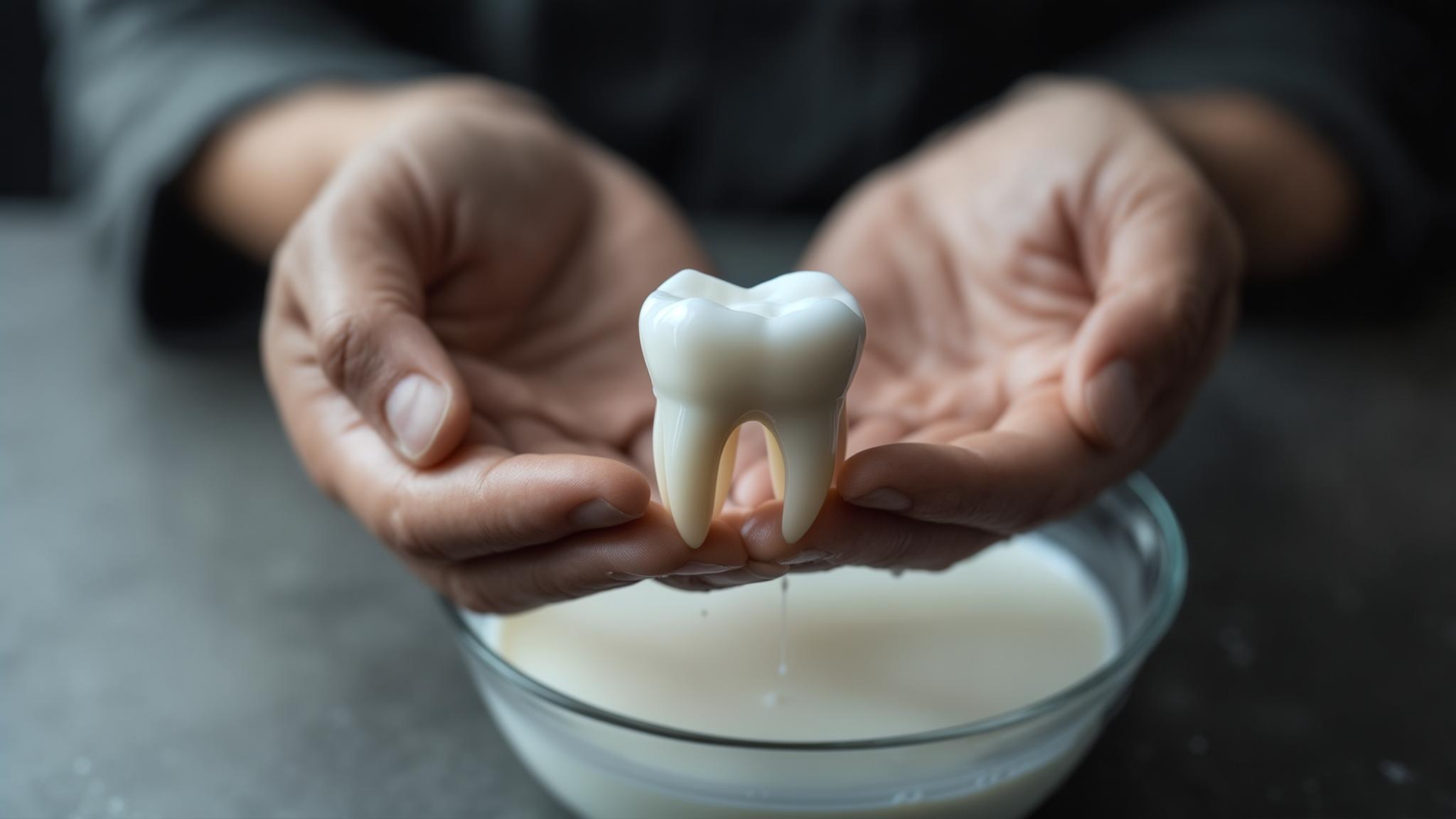Understanding Knocked-Out Teeth
A knocked-out tooth, medically known as an avulsed tooth, is a dental emergency that requires immediate attention. Imagine you're playing your favorite sport, and suddenly, a ball hits your face, knocking out a tooth. This situation is not only painful but also time-sensitive. Quick action can mean the difference between saving and losing the tooth.
Common Causes of Tooth Avulsion
Several scenarios can lead to a tooth being knocked out:
- Sports Injuries: Contact sports like football or basketball often see players losing teeth due to physical impact.
- Accidents: Car accidents or biking mishaps can lead to severe oral trauma.
- Falls: A simple trip and fall can result in a tooth being dislodged.
- Physical Altercations: Unfortunately, fights or physical altercations can also cause teeth to be knocked out.
It's important to distinguish between primary teeth (baby teeth) and permanent teeth. While the loss of a baby tooth isn't usually an emergency, a permanent tooth requires immediate care to increase the chances of successful reimplantation.
Immediate Steps to Take After a Tooth is Knocked Out
When a tooth is knocked out, staying calm is crucial. Here's a step-by-step guide to handling this emergency:
- Locate the Tooth: Find the tooth and pick it up by the crown (the part that is visible in the mouth), avoiding the root to prevent damage.
- Clean the Tooth: If the tooth is dirty, gently rinse it with water. Avoid scrubbing or using soap, as this can damage the delicate root cells.
-
Preserve the Tooth: Keeping the tooth moist is vital. Here are some options:
- Place the tooth in a glass of milk.
- Use a saline solution if available.
- If none of these are available, keep the tooth in the patient's saliva by placing it in the mouth between the cheek and gums.
- Control Bleeding: If there's bleeding, apply gentle pressure to the socket using a clean cloth or gauze.
When to Seek Dental Care
Prompt dental care is essential. Ideally, the tooth should be reimplanted within 30 minutes to 1 hour of the incident. However, success is still possible if treatment occurs within 2 hours. Contact your dentist immediately, explaining the situation to get priority care.
What to Expect at the Dental Office
At the dentist's office, the tooth and socket will be examined. The dentist may:
- Attempt to reimplant the tooth.
- Use a splint to stabilize the tooth.
- Recommend additional treatments like root canal therapy if necessary.
Follow-up care is crucial to monitor healing and ensure the tooth remains stable.
Prevention of Tooth Avulsion
Preventing dental injuries is always better than treating them. Here are some tips:
- Use Mouthguards: Especially during sports, mouthguards can protect your teeth from trauma.
- Be Aware of Surroundings: Staying alert can help avoid accidents.
- General Dental Care: Regular check-ups and maintaining strong, healthy teeth can reduce the risk of avulsion.
Conclusion
In summary, acting quickly and knowing the right steps can save a knocked-out tooth. Regular dental check-ups are vital for maintaining oral health and preventing emergencies.
References
Call to Action
Share this article with friends and family to spread awareness about dental emergencies. Keep your dentist's contact information handy for quick access in case of emergencies.

